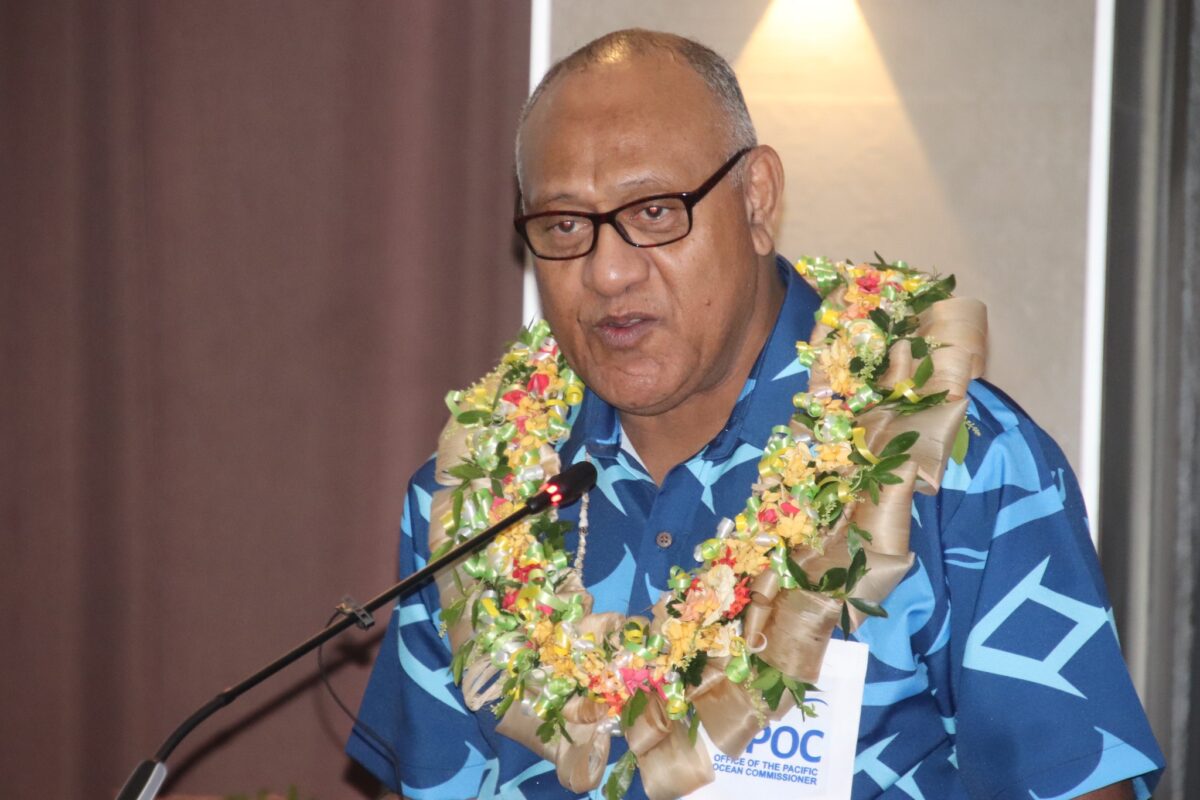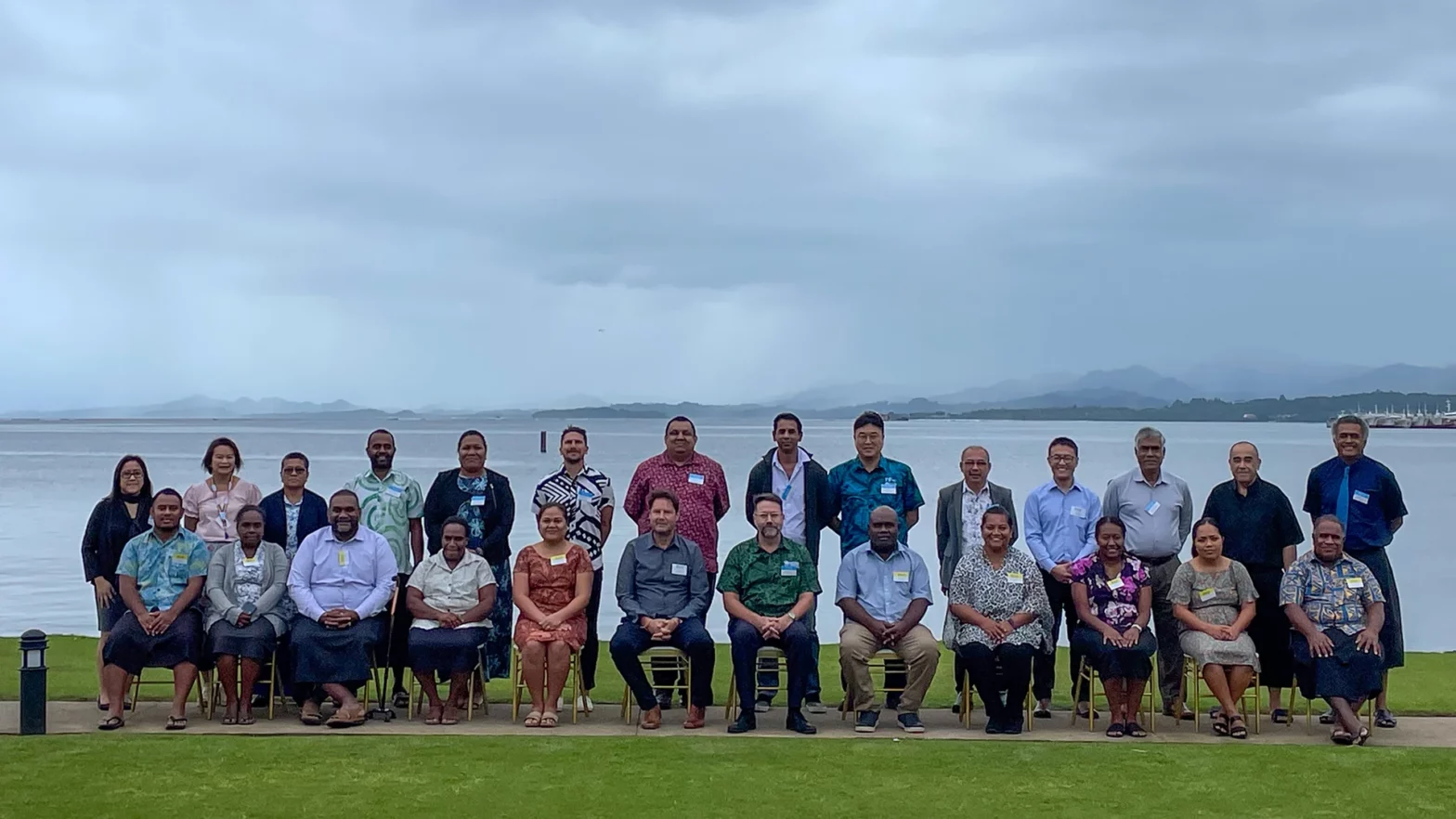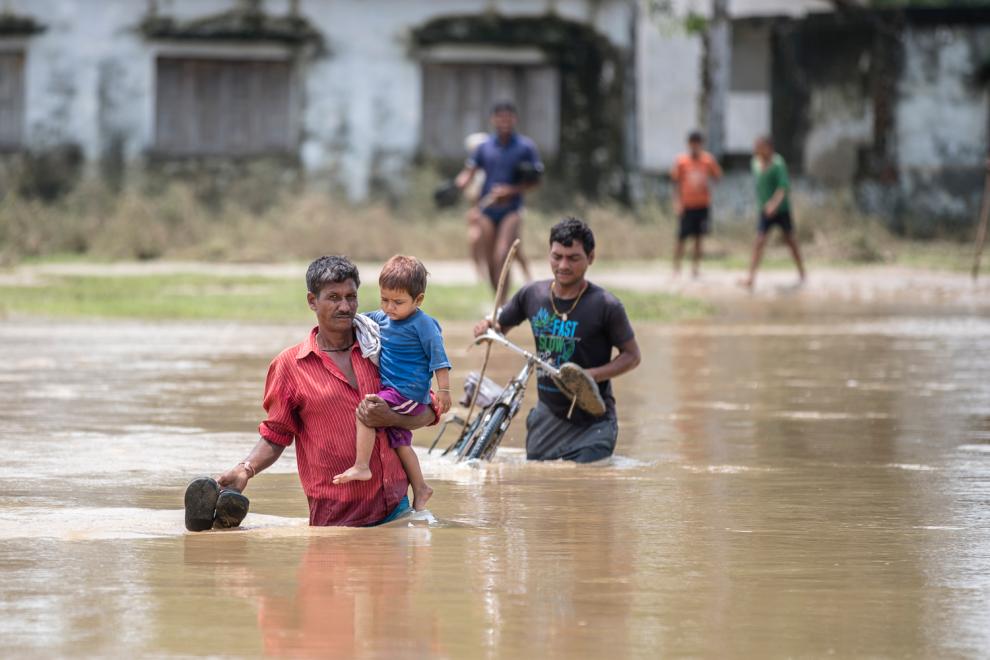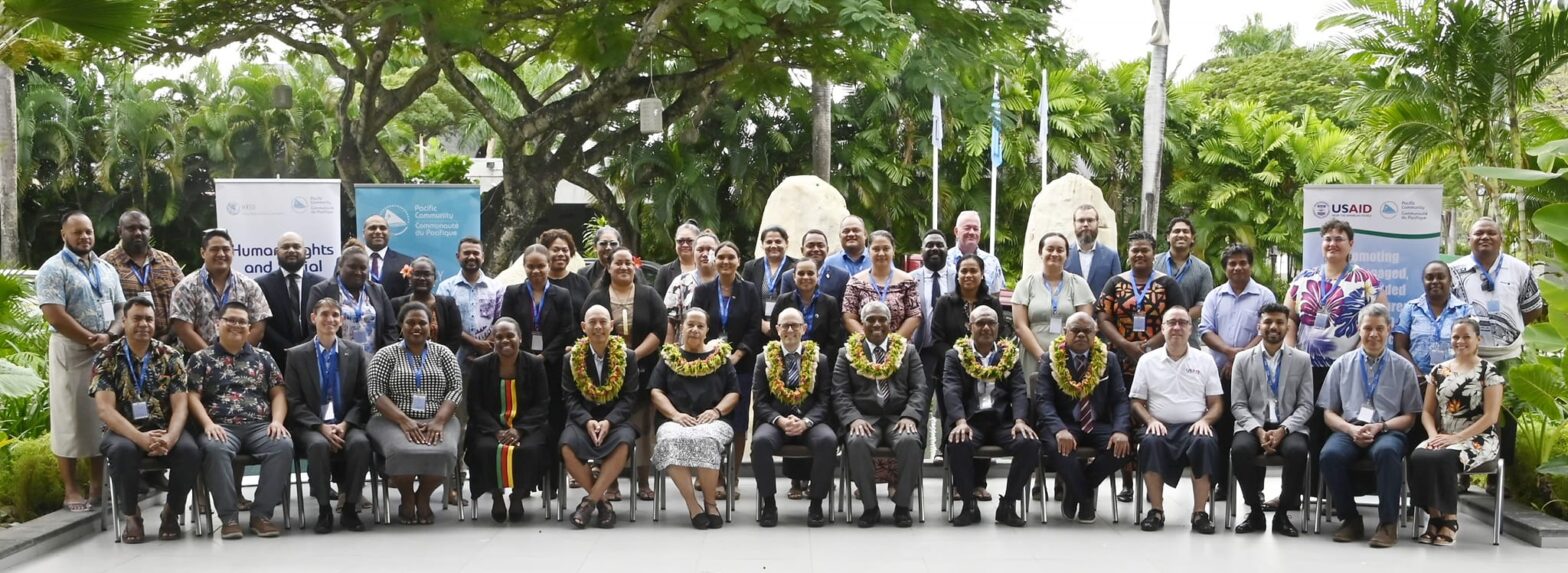The new Pacific Ocean Commissioner is not too concerned with perceptions of ‘turf war’ and ‘mandate creep’ in the ocean space in the Pacific.
Instead, Dr Filimon Manoni is confident of the support and close collaboration with other regional organisations working in ocean governance.
“I think you have heard the CROP heads speak out openly about their commitment to work with OPOC. The most important thing for us is the overarching framework for ocean governance that involves the contribution of each agency, stakeholders, partners and supporters of the ocean to arrive at the ambition of our leaders, Dr Manoni told journalists in Nadi Monday.
Dr Manoni assumed the role of the Pacific Ocean Commissioner last month. At the opening of the regional Ocean Governance dialogue in Nadi on Monday heads of CROP agencies – Sefanaia Nawadra of the Secretariat of the Pacific Regional Environment Programme (SPREP), Dr Manu Tupou-Roosen of the Pacific Islands Forum Fisheries Agency (FFA), deputy Director General of the Pacific Community (SPC), Dr Paula Vivili and Dr James Viernes of the Pacific Islands Development Programme (PIDP) – extended their support for the new OPOC Commissioner.
“The very overwhelming commitment of support from our major CROP partners in the region is very good news to hear. We have a commitment to work together to support each other as we look at different initiatives today and emerging issues in the future, said Dr Manoni.
“Yes, we are faced with many challenges, but we also have many opportunities, which we do not necessarily tap into. We are often too focused on what is wrong, and on our weaknesses, rather than recognising our strengths, individual and collective. One of which is our identity as People of the ocean; Our connection to the ocean, and through the ocean, to each other. So, we must have hope and ambition, said the new Pacific Ocean Commissioner.
Dr Manoni said the support from CROP agencies recognises the value of OPOC as an enabler of constructive engagement and coordination across sectors.
“The new Biodiversity Beyond National Jurisdiction (BBNJ) Treaty endorsed in June last year is an example of the role that OPOC plays in co-ordinating technical experts and working together with all CROP agencies and other ocean stakeholders.
“It’s a shining example I normally point to about the utility of OPOC in support of our members, said Dr Manoni.
This view is supported by Dr Paula Vivili, the deputy Director General of the Pacific Community.
“We complement each other. For us it’s often a default position for countries to assume duplication but when you really look into it, yes there are some duplications but by and large the perception is misplaced.
“For example, when we have the climate change Conference of Parties (COP) meetings, we have our people going from different CROP agencies to work under one CROP. In environment and climate change, SPREP leads but each of the CROP agency is clear about its contribution. There is no duplication, Dr Vivili told PACNEWS in Nadi.
“So, the climate change COP meetings and Biodiversity Beyond National Jurisdiction (BBNJ) are great examples of regional organisations working together successfully.”
Dr Vivili acknowledged the work of other CROP partners, governments and civil society organisations in the resolution of 36 out of the 48 maritime boundaries in the Pacific.
“This is an achievement for the region. There are some that are some maritime boundaries that are easy and others not too easy. There were only nine maritime boundaries resolved 20 years ago, today 36 out of the 48 boundaries are now resolved – including the boundaries between Tonga and Niue and Tonga and Samoa.
“It’s always an agreed process. It’s a good example of countries coming together with support of CROP agencies. We are hoping that in the next few years we will be going into 40+ countries, said Dr Vivili.
The regional ocean governance dialogue ends on Thursday.
This story was written by Makereta Komai, originally published at PACNEWS on 22 August 2023.




